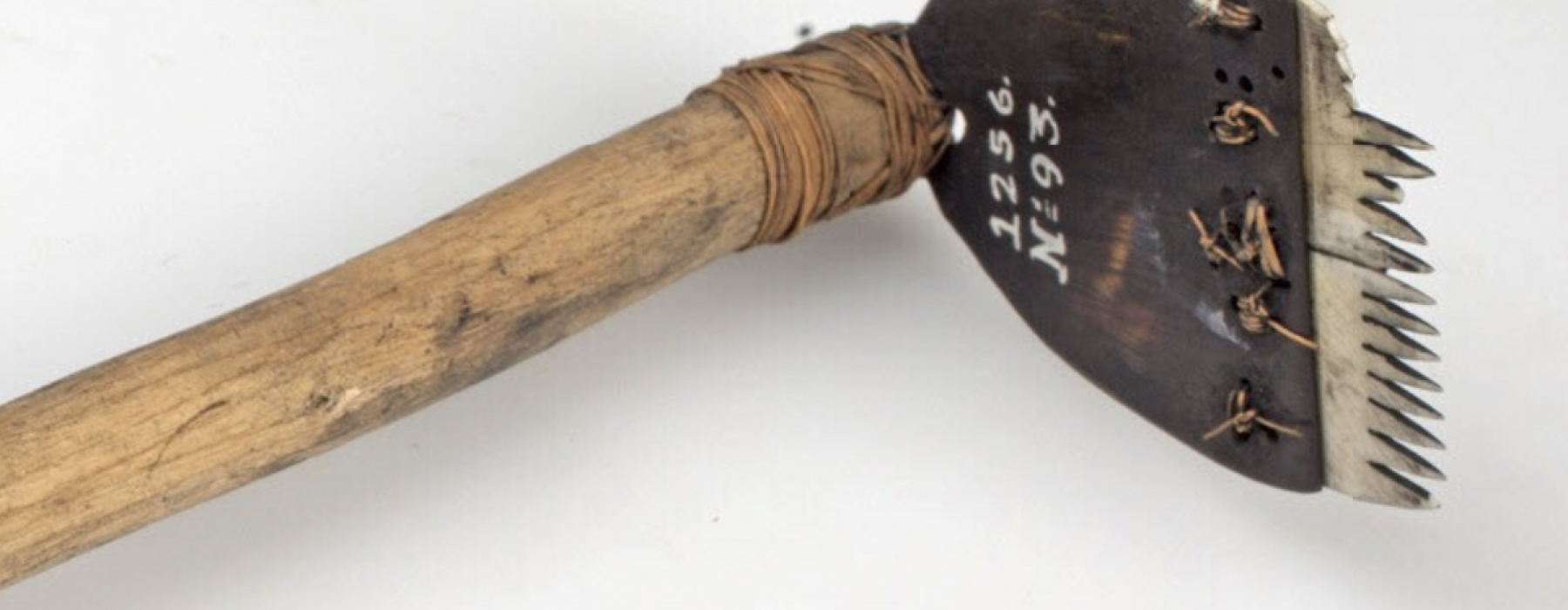
The Swedish Collegium for Advanced Study (SCAS) aims to provide optimal research conditions for curiosity-driven research. The Collegium is a scholarly community where Fellows pursue research of their own choosing in a context of interdisciplinary dialogue and cooperation. Since its foundation in 1985, it strives to protect and nurture independent inquiry, collaborative and deep thinking, and to emphasize the importance of academic freedom worldwide. Governmental support and support from major research foundations allow the invited Fellows to freely decide on their study and to engage in focused research.
Chartered by the Government of Sweden as an institute for advanced study, SCAS is a national scientific institution. The Collegium is open to applications from scholars across the range of the human and social sciences, as well as from the natural sciences. All candidates are assessed on the basis of their individual achievements and the quality and promise of their research proposal, including those who apply within the framework of a group. Every year presents a novel mixture of Fellows from all over the world who either work on their individual projects or who are part of a cluster of scholars with similar interests.